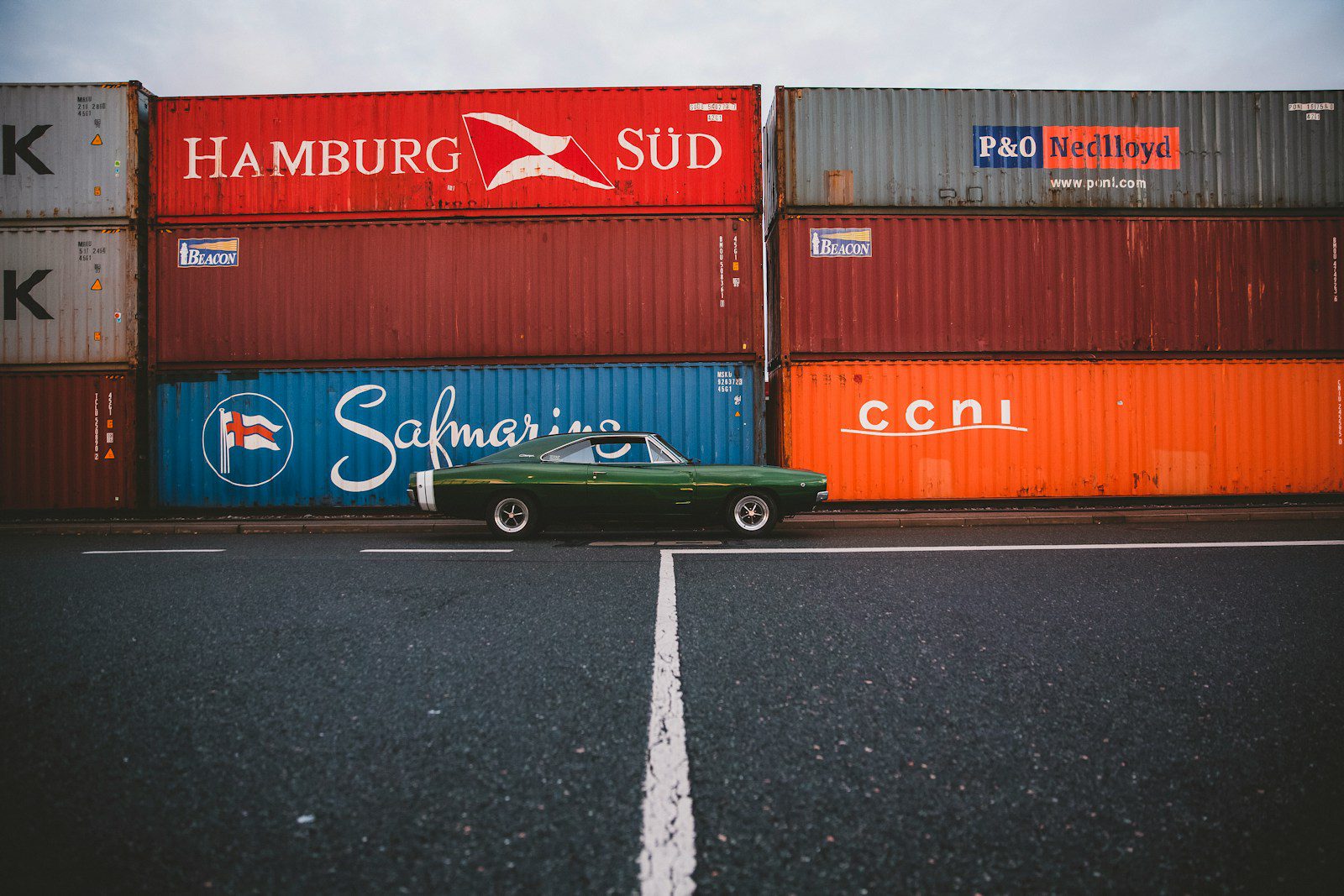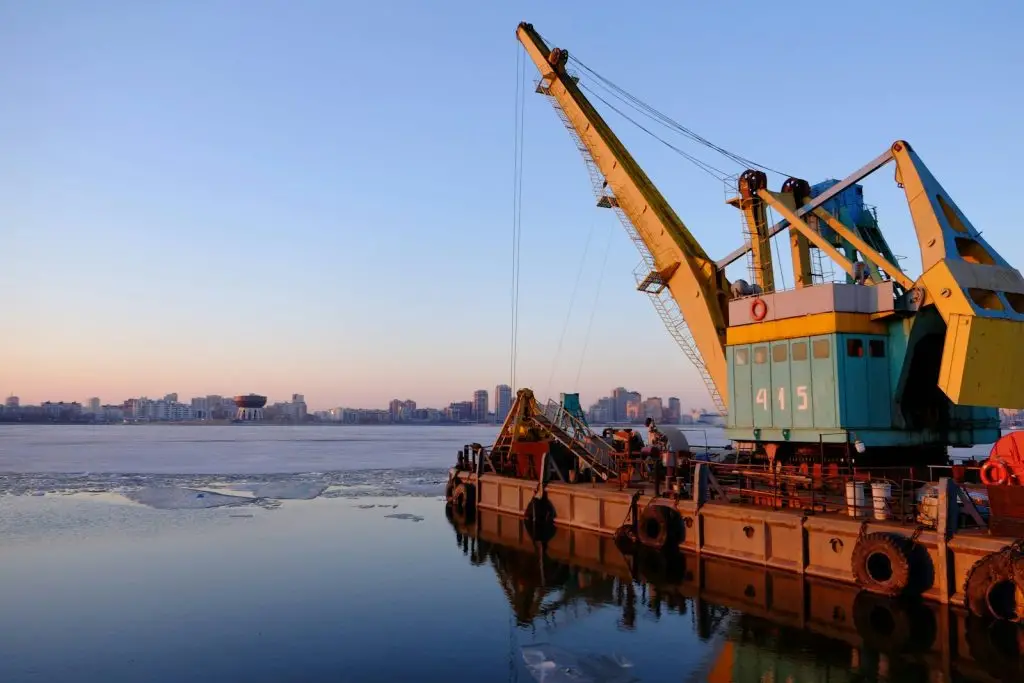
“Africa US trade tariffs 2025: How Africa is responding to US bilateralism. Discover 5 powerful truths about trade equity, sovereignty, and economic resilience.
Africa US Trade Tariffs 2025: 5 Powerful Truths Behind the New Trade Playbook
A new chapter in global trade relations is unfolding as African nations confront a controversial shift in United States trade policy. Using a non-traditional formula, the US has imposed sweeping tariffs on several African countries a move calculated by measuring its bilateral trade deficit with each nation, dividing it by that country’s export value to the US, and applying a rate equivalent to half the resulting percentage. The outcome? Tariff hikes ranging from 10% to as high as 50%, with countries like Lesotho facing the most severe impacts. This unilateral approach has sparked alarm across the continent, prompting a reevaluation of Africa’s trade strategy and a call for greater unity in defending its economic interests.
The Africa US trade tariffs 2025 moment is not just about numbers it’s about power, fairness, and the future of equitable global commerce. As Africa responds, it is not merely reacting to a policy, but reshaping its role in the international economy.
Africa US Trade Tariffs 2025: When Methodology Masks Inequity
Trade rules are only fair when they are applied consistently and transparently. The methodology behind the new US tariffs breaks from established international norms. Instead of basing duties on product categories, market distortions, or anti-dumping measures, the US has tied tariffs directly to its own trade imbalance effectively penalizing countries for the US’s domestic consumption patterns.
This approach treats African exporters not as partners, but as variables in an American fiscal equation. For nations that rely on textile, apparel, and agricultural exports under programs like AGOA (African Growth and Opportunity Act), these sudden increases threaten livelihoods, factory closures, and job losses.
No Nation Should Be Penalized for Another’s Deficit
As highlighted in Mauritius Times – The issue with parliamentary pensions is not whether they’re contributory, but the age of eligibility, “Government must act to show that the same criteria apply equally to all.” Similarly, in trade, rules must be impartial not weaponized to serve one nation’s accounting needs.

Truth #1: Bilateralism Can Be a Tool of Power, Not Partnership
One of the most powerful truths about the Africa US trade tariffs 2025 policy is that bilateralism, when imposed unilaterally, favors the stronger party. While the US frames the move as a rebalancing of trade, African nations see it as economic coercion a tactic that undermines the spirit of cooperation.
True partnership requires dialogue, advance notice, and mutual benefit. What Africa received was a calculation, not a consultation.
Trade Without Consent Is Not Trade It’s Pressure
As seen in other global issues from Queen kaMayisela’s attempt to interdict a royal wedding to Archbishop Makgoba rejecting fake news when institutions act without legitimacy, resistance grows.
Truth #2: Africa Must Unite to Compete
The Africa US trade tariffs 2025 episode underscores a critical lesson: fragmented responses weaken negotiating power. When each country faces tariffs based on isolated deficits, the continent’s collective voice is diluted.
The African Continental Free Trade Area (AfCFTA) was designed to change this. By integrating markets and harmonizing trade policies, Africa can present a unified front not as a collection of small economies, but as a single, formidable bloc.
Strength Lies in Unity, Not Isolation
As noted in SABC News – The man suspected to have abducted and raped two nurses has been arrested, “Public trust is fragile and it must be earned.” The same applies to international relations: if Africa speaks with one voice, the world will listen.
Truth #3: Trade Policy Is Development Policy
Tariffs are not abstract economic tools they affect real people. The Africa US trade tariffs 2025 could cost thousands of jobs in textile factories, especially in Southern Africa. Women, who make up the majority of workers in this sector, are disproportionately affected.
Trade must be seen as a driver of human development, not just balance sheets. Policies that undermine job creation in developing economies are not sustainable for anyone.
Development Cannot Be Outsourced to Another Nation’s Ledger
When a factory closes because of a foreign tariff, it’s not just a business that suffers it’s families, communities, and national growth.
Truth #4: Transparency Builds Trust
The methodology used by the US lacks transparency and predictability. Without clear criteria or appeals mechanisms, African exporters are left in the dark, unable to plan or adapt.
The Africa US trade tariffs 2025 demands a response rooted in transparency: clear rules, open data, and inclusive negotiations. Anything less risks deepening mistrust and pushing Africa toward alternative trade alliances.
Rules Without Dialogue Are Not Rules They Are Orders
As highlighted in Mauritius Times – The issue with parliamentary pensions is not whether they’re contributory, but the age of eligibility, “The issue with accountability is not whether systems exist, but whether they are enforced.” The same applies to trade: if rules are applied arbitrarily, fairness is an illusion.
Truth #5: This Is a Catalyst for African Self-Reliance
The Africa US trade tariffs 2025 moment, while challenging, could become a turning point. It reinforces the urgent need for Africa to reduce dependency on single export markets, diversify its economies, and strengthen intra-African trade.
From local value addition to regional supply chains, the path forward is not to beg for exemptions but to build systems that are resilient, independent, and globally competitive.
Dependency Is Risk Self-Reliance Is Power
When Africa produces, processes, and trades its own goods, it no longer needs permission to prosper.
Conclusion: A New Trade Playbook for a New Era
The Africa US trade tariffs 2025 is more than a dispute it is a wake-up call. It reveals the fragility of relying on goodwill in global trade and the necessity of strategic autonomy.
Africa’s response must be bold: unified, forward-thinking, and grounded in the principle that trade should uplift, not exploit. Because in the end, the true measure of a trade policy is not how much it protects one nation but how fairly it serves all.
For deeper insights on governance and economic equity, read our analysis: Good Governance in Africa – Challenges and Solutions.


